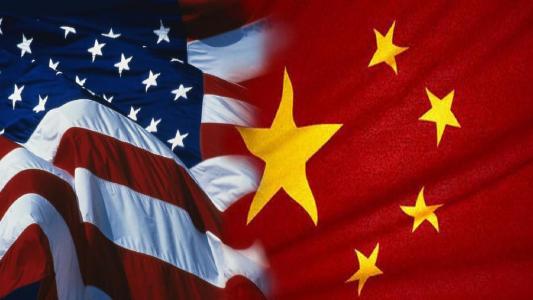SINGAPORE: – Rhetoric between Washington and Beijing intensified over the weekend at the Shangri-La Dialogue in Singapore, following stark warnings from U.S. Secretary of Defense Pete Hegseth about the potential for a Chinese military assault on Taiwan. Hegseth’s assertion that “China’s military is rehearsing for the real thing” and his call for Asian allies to raise defense spending triggered an immediate and fierce response from Chinese officials.
Beijing’s Foreign Ministry accused the United States of “undermining peace and stability in the Asia-Pacific region” and warned that Washington’s interference in the Taiwan issue was “turning the region into a powder keg.” The Ministry reiterated China’s long-standing position that Taiwan is an inseparable part of Chinese territory and warned that military reunification remains an option if peaceful efforts fail.
Military Build-up and Strategic Posturing
Hegseth’s remarks emphasized the urgency of regional defense preparedness. “We won’t sugarcoat it – the threat posed by China is real, and it could be imminent,” he told delegates. He urged Indo-Pacific nations to follow Europe’s example by committing at least 5% of GDP to defense, underscoring the scale of China’s military ambitions.
Backing Washington’s concerns, Australian Defense Minister Richard Marles told reporters that China’s current military build-up is “the largest conventional expansion by any nation since World War II.” Marles added that this military growth is reshaping the strategic balance across the region.
China Responds Forcefully
Chinese Admiral Hu Gangfeng, representing Beijing at the forum, swiftly dismissed Hegseth’s statements as “baseless” and accused the U.S. of “provoking conflict” and fanning regional instability. While usually a prominent participant, China’s Defense Minister Dong Jun was absent from this year’s conference—a move widely seen as an effort to avoid direct confrontation with U.S. officials.
Diplomatic Absences and Strategic Signals
The absence of China’s top defense official at the conference has drawn widespread attention. Analysts interpret this as a signal that Beijing is not yet ready for high-level talks with the current U.S. administration on defense matters.
Meanwhile, international media, including The Guardian and Reuters, have echoed concerns that the escalating rhetoric and military preparations on both sides are narrowing the space for diplomatic solutions.
A Region on Edge
The latest exchange of warnings and accusations underscores the fragility of regional stability in the Asia-Pacific. While the U.S. reiterates its commitment to defending allies and maintaining a free and open Indo-Pacific, China’s assertiveness over Taiwan continues to raise alarms globally. (zai)

